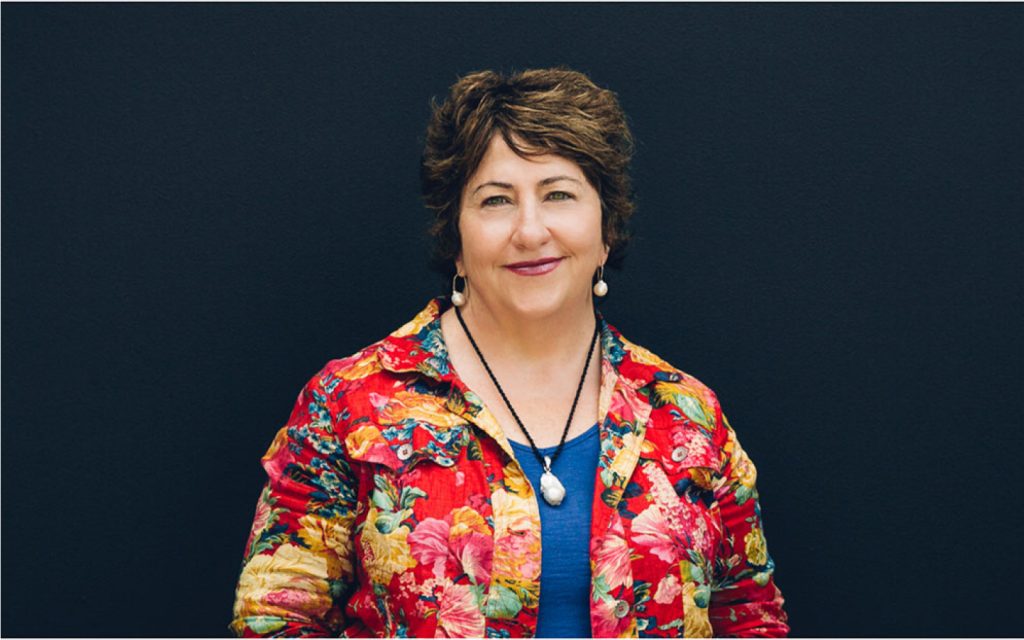That nagging voice inside your head that tells you you’re not good enough, or worse?
It’s called the critical inner voice, an integrated pattern of destructive thoughts toward yourself and others, and it can lead to significant mental health conditions.
Raindrum’s clinical director Jane Enter explains.

What is the Critical Inner Voice?
It’s the voice we all have in our heads that doesn’t speak to us very kindly. Sometimes we call it the inner voice, or inner critic.
The Critical Inner Voice is a very hard taskmaster. It can bully you. It’s a voice that is prone towards perfectionism and unacceptably high standards.
It is a voice of criticism and unhealthy standards.
It’s the voice that says you did that wrong, you always do things wrong, you’re not up to standard.
It’s always telling you how you failed, how you are not good enough.
Where does the Critical Inner Voice come from? Does everyone have one?
There are many psychological theories about it – that it’s a disowned part of you, a part of you that you developed to motivate you that got out of hand, that it’s a voice you grew up with, or if you are a perfectionist it’s the part of you that is never satisfied.
It may be that the Critical Inner Voice has come from childhood, where a person had a parent or a teacher who was repeatedly telling them that what they did was wrong. It may have come from a background where a person received a strict religious upbringing of some sort. It may come from a deep feeling of inadequacy.
I have never met someone who doesn’t have a Critical Inner Voice, with the exception of sociopaths. Instead of a Critical Inner Voice, sociopaths have a voice which calculates what chess moves they have to make to get what they want, without any concerns for other people. Sociopaths tend to think they are amazing, and it is everyone else has messed up.
Some people are not aware of their Critical Inner Voice. They come to therapy and say something like ‘I am feeling really flat, I can’t turn off my mind’. When I tell them about the Critical Inner Voice, they can completely identify.
Do people actually hear the voice?
The Critical Inner Voice operates on various levels. For some people, yes, it is a voice they hear. When people give an actual voice to the Critical Inner Voice, it is usually someone they know. It can be a parent, or someone from the past, like a teacher. And sometimes it’s just them, their own voice, their anxious controlling perfection self.
What sort of problems can the Critical Inner Voice cause?
The problem is if the Critical Inner Voice becomes ongoing, a person can feel awful about themselves, deeply inadequate. This can lead to depression and a feeling that everything that is wrong is their fault. Because the Critical Inner Voice is so negative, there is no perspective or balance about any of the things a person is doing well.
According to the Critical Inner Voice, you are never good enough.For some people it can be a motivator, however many people come to therapy because the Critical Inner Voice has become overwhelming; really having a go at them, telling them how they didn’t quite make it, didn’t quite do things well enough.
Do we have an opposite voice?
Often people don’t. You have to create an opposite voice, bring in a “life coach voice” that speaks to you in a much more compassionate, kind way; a voice that encourages you rather than disparages you.
That opposite voice is not about affirmation – telling you are wonderful and amazing. Rather, it’s encouraging, and motivates you with the carrot rather than the stick.
It’s a genuine voice. One that will tell you it is OK, that you are doing well enough.It’s a voice that tells you that tomorrow you will be an even better person than you are today. A voice that reminds you that you don’t have to get it right 100 per cent of the time. People generally don’t have that kind of voice, so they need to work on developing it.
How can we control our inner voice?
As soon as you try and control something it can get out of hand.
So, it’s about interrupting it; changing the dialogue to something more compassionate.
It’s about becoming more aware of your Critical Inner Voice and the impact it is having on you and learning to interrupt it and speak to yourself in a kinder, more compassionate and constructive way.
Depending on the severity of a person’s Critical Inner Voice, this can mostly be done independently. You don’t need a psychologist for everything. Most people are capable of creating a new, opposite voice that is more positive and productive.



